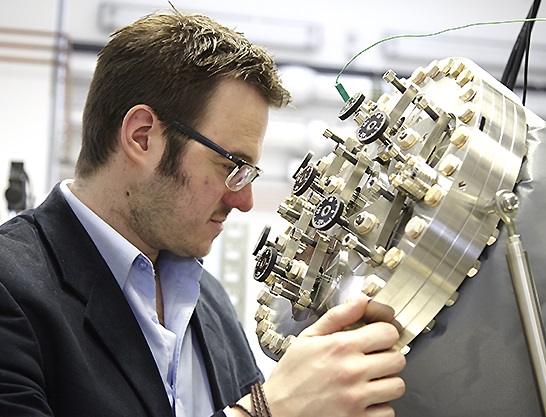Career pathway tracker
Early career research fellowships are at the heart of the Royal Society’s funding. This includes the University Research Fellowship, Dorothy Hodgkin Fellowship and Sir Henry Dale Fellowship.
To help determine the longer-term impact of these fellowships, the Royal Society carries out a major alumni survey approximately every five years. The first one was carried out in 2018, and the second in 2024.
The survey aims to:
- Determine the long-term impact and contributions our early career alumni have made to science and society
- Identify the career choices and pathways of alumni, and the factors influencing these choices across the natural sciences
- Inform how we can improve the support we offer to Research Fellows
- Help us understand current challenges and opportunities facing different groups of researchers
- Help us continue to make the case for funding to support researchers at a pivotal early stage in their career
Read the report written by the Careers Research and Advisory Centre (CRAC) and the commentary from the Royal Society. You can also read reports from the previous survey.
The Royal Society commissioned the Careers Research and Advisory Centre (CRAC) to conduct this piece of research. The survey was conducted by the Institute for Employment Studies (IES), which worked with CRAC on the project.
This work would not have been possible without the contributions of our alumni and we would like to thank everyone who took part.
Economic impacts of funding discovery science
While much of the Society’s funding is for fundamental research that doesn’t specifically seek to produce commercial outputs, there have been many commercial successes reported by our alumni, with some pivoting to careers in the industry, some working across industry and academia, and some making pivotal discoveries commercialised by others.
Using both data from the Career Pathway Tracker and data from alumni of other Royal Society funding, we have produced a set of case studies exploring how our support for discovery research led to commercialisation across some of the critical areas of science including artificial intelligence and optical fibres. These case studies are also available for download on this page.



